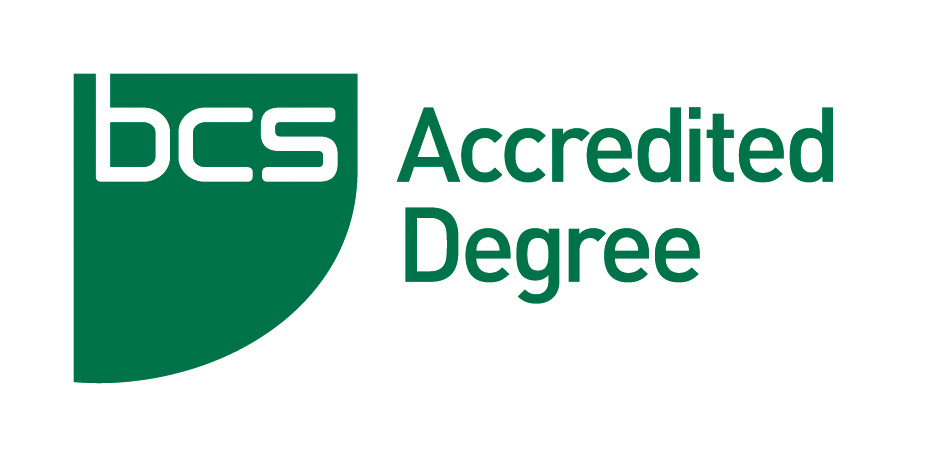Overview
- Start dateSeptember
- DurationMSc: 11 months full-time, up to three years part-time; PgDip: up to 11 months full-time, up to two years part-time; PgCert: up to 11 months full-time, up to two years part-time
- DeliverySpread throughout the programme and includes coursework and group presentations during the taught phase and for the MSc a research-based dissertation
- QualificationMSc, PgDip, PgCert
- Study typeFull-time / Part-time
- CampusCranfield University at Shrivenham
Who is it for?
Students from government departments, industry and other organisations within the UK and internationally come together to study and discuss issues and develop skills that will enable solutions now and in the future.
The key goals of the course are to provide students with the knowledge to:
- Develop in individuals an awareness of the management, user and supplier communities;
- Recognise the stakeholder roles, needs and expectations within these communities;
- Enable effective communication and a shared understanding between these stakeholders in order to meet capability objectives;
- Master the principles and practice that underlie the delivery of effective, efficient and secure systems in various business spaces that exploit information in order to provide strategic benefit.
Why this course?
There is a need to understand the strategic importance of information and develop agile, effective and secure ways to exploit it to its full potential. To do this, effective information capability management must be developed throughout the organisation so that the right information is available to the right people at the right time in an effective, efficient and secure manner.
The internationally-recognised Information Capability Management (ICM) MSc has been developed to address these important issues. Skilled professionals are needed to enable organisations to realise the strategic benefits that successfully exploiting information can provide. Success in business of all types and in all sectors, both public and private, is dependent on:
- Understanding the value of information as a strategic asset;
- Developing agile, effective and efficient systems that make this information available;
- Countering cyber threats with appropriate cyber security.
Course details
MSc students must complete a taught phase consisting of 12 modules followed by an individual dissertation in a relevant topic.
PgDip students are required to undertake the same taught phase as the MSc, without the individual dissertation.
PgCert students must complete the core module (Foundations of Information Systems) together with five other modules.
Course delivery
Spread throughout the programme and includes coursework and group presentations during the taught phase and for the MSc a research-based dissertation
Individual project
The individual project is the opportunity for a student to utilise and demonstrate their understanding of the taught phase of the course by applying their learning to a real world problem. It is also an opportunity to develop skills and achieve a greater level of understanding in a specific area or areas of relevance to the course. Students are allocated a supervisor and have access to subject matter experts to support them in the project phase.
Modules
Keeping our courses up-to-date and current requires constant innovation and change. The modules we offer reflect the needs of business and industry and the research interests of our staff and, as a result, may change or be withdrawn due to research developments, legislation changes or for a variety of other reasons. Changes may also be designed to improve the student learning experience or to respond to feedback from students, external examiners, accreditation bodies and industrial advisory panels.
To give you a taster, we have listed the compulsory and elective (where applicable) modules which are currently affiliated with this course. All modules are indicative only, and may be subject to change for your year of entry.
Course modules
Compulsory modules
All the modules in the following list need to be taken as part of this course.
Foundations of Information Systems
| Module Leader |
|
|---|---|
| Aim |
|
| Syllabus |
|
| Intended learning outcomes |
On successful completion of this module you will be able to:
|
Professional Issues
| Module Leader |
|
|---|---|
| Aim |
To promote awareness of legal, social, ethical, regulatory, and professional issues which affect information systems professionals; to introduce the professional bodies of relevance to such professionals, and to encourage debate on some of the major issues of concern to the information systems world. |
| Syllabus |
|
| Intended learning outcomes |
On successful completion of this module you will be able to:
|
Programme and Project Management for Information Systems
| Module Leader |
|
|---|---|
| Aim |
To develop knowledge and skills in the key academic concepts of the management of resources in order to plan, estimate and carry out programmes of information systems development work to time, budget and quality targets and in accordance with appropriate standards.
|
| Syllabus |
|
| Intended learning outcomes |
On successful completion of this module you will be able to:
|
Systems Thinking for Organisational Viability
| Module Leader |
|
|---|---|
| Aim |
|
| Syllabus |
|
| Intended learning outcomes |
On successful completion of this module you will be able to:
|
Software Engineering
| Aim |
|
|---|---|
| Syllabus |
|
| Intended learning outcomes |
On successful completion of this module you will be able to:
|
Methods and Tools for Information Systems Development
| Module Leader |
|
|---|---|
| Aim |
To equip you with the knowledge and skills to understand and apply appropriate models, methods, tools, techniques and approaches to develop information systems at the strategic level.
|
| Syllabus |
|
| Intended learning outcomes |
On successful completion of this module you will be able to:
|
Systems Architecture
| Module Leader |
|
|---|---|
| Aim |
To enable you to contribute to the specification of systems architectures, with a focus on information system (IS). Identifying the components needed to meet the present and future enterprise strategy. Define and assess the interrelationships between architecture components. |
| Syllabus |
|
| Intended learning outcomes |
On successful completion of this module you will be able to:
|
Emerging Technology Monitoring
| Module Leader |
|
|---|---|
| Aim |
To enable you to identify and assess new and emerging technology to provide an on-going assessment of their relevance and potential to defence and security. |
| Syllabus |
Generic methods and tools:
Emerging technologies: a selection of currently relevant technologies will be studied. |
| Intended learning outcomes |
On successful completion of this module you will be able to:
|
Data Modelling, Storage and Management
| Aim |
The aim of this module is to lead you through the different approaches to data modelling, in addition to understanding competing technologies for storage and management. |
|---|---|
| Syllabus |
|
| Intended learning outcomes |
On successful completion of this module you will be able to:
|
Data-led Decision Support & Artificial Intelligence
| Module Leader |
|
|---|---|
| Aim |
|
| Syllabus |
|
| Intended learning outcomes |
On successful completion of this module you will be able to:
|
Cyber Security and Information Assurance
| Aim |
|
|---|---|
| Syllabus |
|
| Intended learning outcomes |
On successful completion of this module you will be able to:
|
Digital Business Strategy
| Module Leader |
|
|---|---|
| Aim |
To equip you with the knowledge and skills to develop and review an Information System/Information Technology/Digital Business Strategy to support an organisation’s business goals, including digital transformation, and the development of plans to drive forward and manage that strategy within an organisational framework. |
| Syllabus |
|
| Intended learning outcomes |
On successful completion of this module you will be able to:
|
Teaching team
You will be taught by Cranfield's leading experts with capability expertise, industry knowledge and collective subject research, as well as external speakers from industry and defence. The Course Director is Antoinette Caird-Daley. The teaching team includes:
Accreditation
The MSc of this course is accredited by two professional bodies, the British Computer Society (BCS) and the Chartered Institute of Library and Information Professionals (CILIP). Completion of the course can lead to chartered professional status.
Your career
The course takes you on to further senior career opportunities and to become one of the next generation of senior professionals delivering business benefit through exploitation of information with skills in appropriate areas including business analysis, strategy development and implementation, information assurance, cyber security, organisational development and strategic application of information systems.
Cranfield Careers and Employability Service
Cranfield’s Career Service is dedicated to helping you meet your career aspirations. You will have access to career coaching and advice, CV development, interview practice, access to hundreds of available jobs via our Symplicity platform and opportunities to meet recruiting employers at our careers fairs. Our strong reputation and links with potential employers provide you with outstanding opportunities to secure interesting jobs and develop successful careers. Support continues after graduation and as a Cranfield alumnus, you have free life-long access to a range of career resources to help you continue your education and enhance your career.
How to apply
Click on the ‘Apply Now’ button to start your online application.
See our Application guide for information on our application process and entry requirements.












